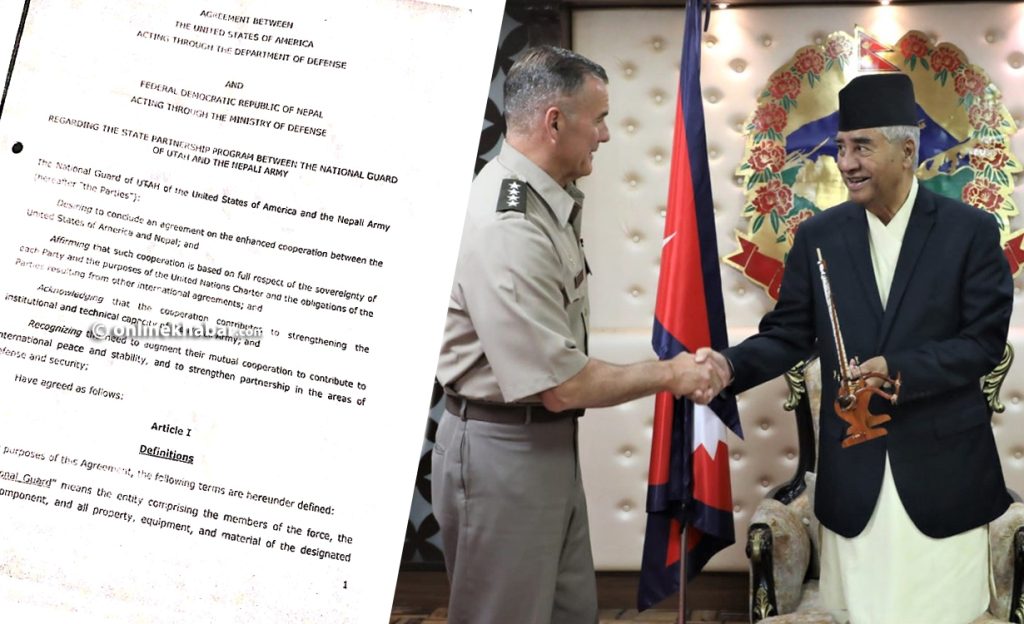By Nirmal P. Acharya
From the 15th to the 16th of this month, the member states and dialogue states of the Shanghai Cooperation Organisation (SCO) held their 22nd annual meeting in the Uzbekistan city of Samarkand.
As I sat on a hill in Nagarkot enjoying the golden autumn, I couldn’t resist thinking about the Samarkand Summit and re-perceiving Nepal’s future. From my standpoint, this summit is a gathering of the so-called “land powers” on the Eurasian continent, trying and even determined to put an end to the “maritime hegemony” successively held by Britain and the United States, in order to build a brand new era of “land power”.
The two-day SCO summit and the gathering of the world’s largest regional organization in Samarkand have indicated to the world that the “new era of land power” is imminent. The sensation that Russia and The-Stans to the northwest, our neighbouring country China to the north, Pakistan and Iran to the west and again our neighbour India to the south is just enough to give me goosebumps. They have the world’s most abundant natural and human resources, the most powerful industrial manufacturing capacity, and the largest emerging markets unmatched. Once these continental countries cooperate, it is obvious that the “land power” will rise and the “sea hegemony” will decline.
Nepal, with its natural geographical position, should be put into embracing the “era of land power” that will be connected and supported by a network of railways stretching across the entire Eurasian continent. As soon as Nepal is connected to the railway lines of India and China, it will be transformed from a landlocked country to a land-linked country and integrated into Eurasia. Nepal indubitably has a bright future in the “era of land power”.
The SCO is the world’s largest regional organization, covering approximately 60% of the area of Eurasia, 40% of the world population and more than 30% of the global GDP. Therefore, Nepal must break free from old and new restraints if it is to take control of its own destiny in a time of great change when continental countries are resisting maritime hegemony.
MCC being the latest restraint, a noose hurled deep into Eurasia by the “maritime hegemony”, has fallen around Nepal’s neck. Regardless of how Nepal’s future lies in the integration into Eurasia rather than being dragged into the distant ocean by the MCC.




